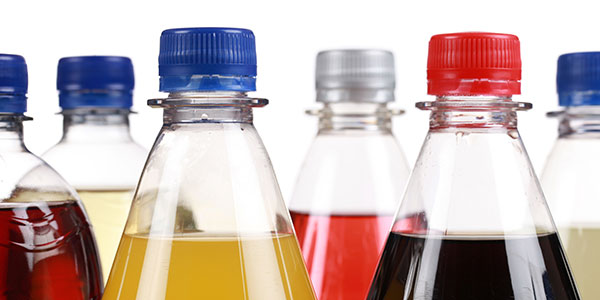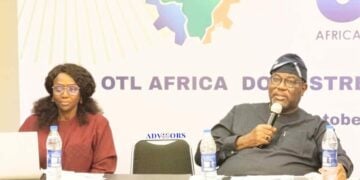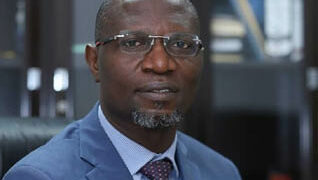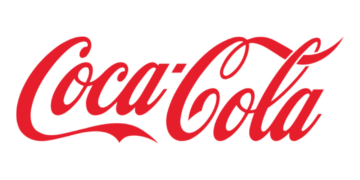The International Council for Beverages Associations (ICBA) has strongly challenged the World Health Organization (WHO) over its recent call to increase taxes on sugar-sweetened beverages (SSBs), citing a decade of evidence showing that such taxes have failed to improve health outcomes or reduce obesity in any country.
ICBA’s executive director, Kate Loatman, expressed deep concern that WHO continued to ignore the clear data and its own previous conclusions that sugar taxes were neither the best nor most effective solution to complex health issues like obesity.
Instead, Loatman emphasised that the beverage industry was committed to proactive, collaborative approaches such as expanding access to low- and no-sugar beverage options, promoting transparent labelling, and maintaining responsible marketing standards. These measures, she argued, offer a more effective path toward achieving global health goals.
“It’s deeply concerning that the World Health Organization (WHO) continues to disregard over a decade of clear evidence showing that taxing sugar-sweetened beverages has never improved health outcomes or reduced obesity in any country. In fact, the WHO itself has repeatedly concluded that such taxes are not the best or most effective measures to address these complex issues”, said Loatman.
Loatman stated that the beverage industry continued to advance collaborative and innovative solutions like broadening access to low and no-sugar beverage options, supporting transparent labelling, and upholding the highest standards for responsible marketing.
By working together on these proactive measures, we can deliver real, measurable progress toward global health priorities.”
The International Council of Beverages Associations (ICBA) is an international non-governmental organisation established in 1995 that represents the interests of the worldwide non-alcoholic beverage industry. The members of ICBA include national and regional beverage associations, as well as international beverage companies that operate in more than 200 countries and territories and produce, distribute, and sell a variety of non-alcoholic sparkling and still beverages, including soft drinks, sports drinks, energy drinks, bottled waters, flavored and/or enhanced waters, ready-to-drink teas and coffees, 100 per cent fruit or vegetable juices, nectars and juice drinks, and dairy-based beverages.





